 |
 |
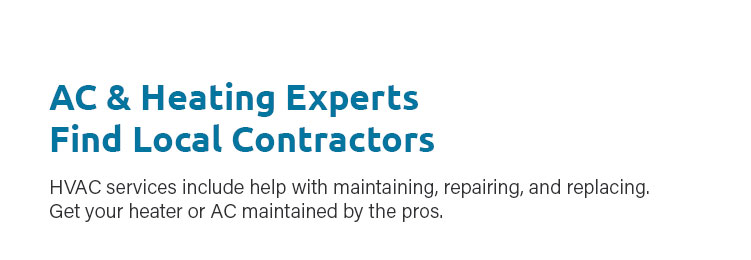 |
 |
 |
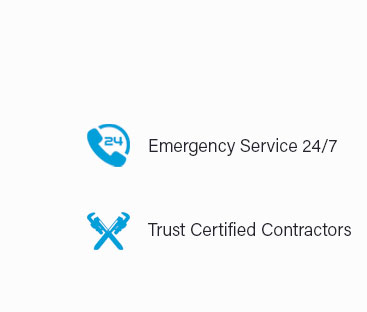 |
 |
 |
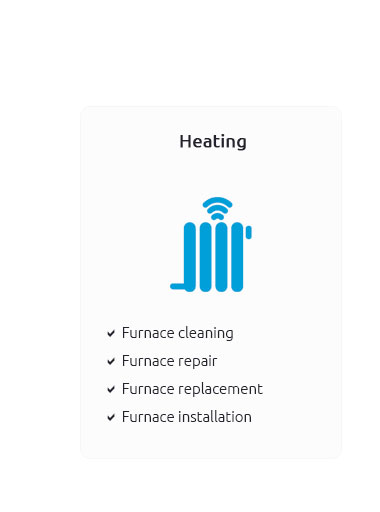 |
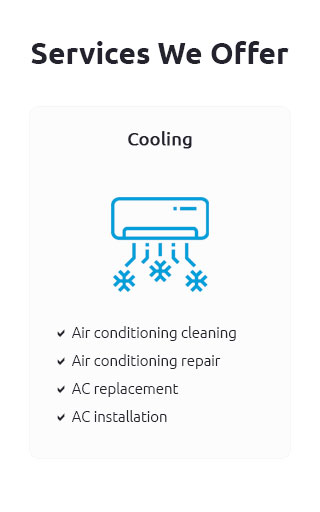 |
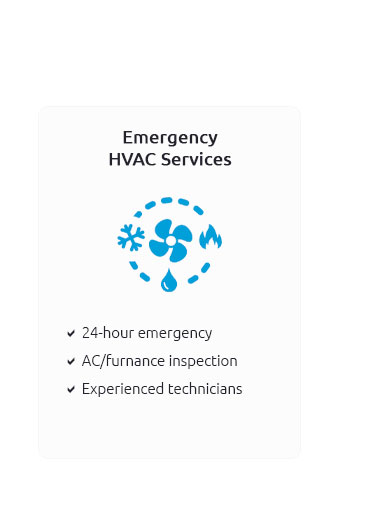 |
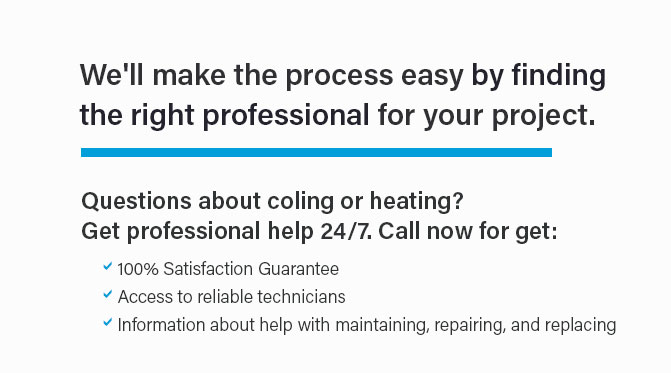 |
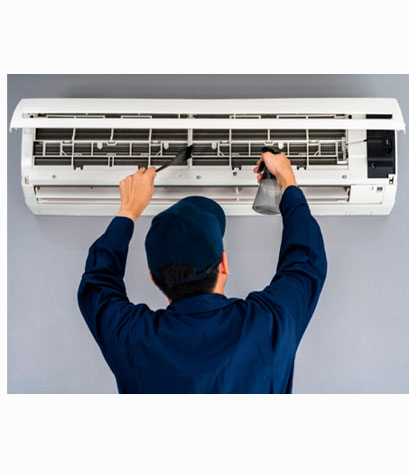 |
 |
 |
 |
The Comprehensive Guide to Choosing a Replacement Air ConditionerAs the sweltering months of summer loom closer, the need for a reliable and efficient air conditioning system becomes increasingly apparent. Whether your current unit is faltering or you're simply seeking an upgrade to a more energy-efficient model, selecting the right replacement air conditioner is crucial for maintaining a comfortable home environment. One of the first considerations when choosing a new air conditioner is determining the appropriate size for your space. An undersized unit will struggle to cool your home effectively, while an oversized system can lead to excessive humidity and increased energy costs. It's essential to evaluate the square footage of the area you wish to cool and consult with a professional to determine the optimal unit size, measured in BTUs (British Thermal Units). Energy efficiency is another vital factor to consider. With rising energy costs and growing environmental awareness, selecting an air conditioner with a high SEER (Seasonal Energy Efficiency Ratio) rating can significantly reduce your utility bills and carbon footprint. Modern units offer advanced features like variable speed compressors and smart thermostats, which provide enhanced efficiency and comfort by adapting to your cooling needs throughout the day. When exploring different models, it's also worth considering the additional features that can enhance your comfort and convenience. Some units come equipped with Wi-Fi connectivity, allowing you to control your system remotely via smartphone apps, while others offer advanced filtration systems that improve indoor air quality by removing allergens and pollutants. Noise level is another aspect to keep in mind, as a quieter unit can significantly improve your home's ambiance. Installation and maintenance are critical components of the replacement process. Proper installation by a licensed professional ensures optimal performance and longevity of your new system. Regular maintenance, including filter changes and annual inspections, is essential to keep your air conditioner running efficiently and to prevent costly repairs down the line.
Ultimately, the decision to replace your air conditioner involves careful consideration of various factors, from size and efficiency to additional features and budget constraints. By taking the time to research and consult with HVAC professionals, you can select a replacement air conditioner that will keep your home cool and comfortable for years to come. Investing in the right system not only enhances your quality of life during the hottest months but also contributes to energy savings and environmental sustainability in the long run. https://www.homedepot.com/services/c/hvac-installation/c16fbb4b7
We'll pair you with a local, authorized service provider and have them call you to discuss your needs and schedule your free in-home consultation. https://modernize.com/hvac/cost-calculator
The cost of replacing an HVAC system typically ranges from $6,224 to $11,434. This HVAC replacement cost depends on your home's size, the system ... https://www.bogleheads.org/forum/viewtopic.php?t=383942
Around $9-10K each for a new outdoor compressor, indoor coil and labor. Your best bet would be to get 4-5 quotes from highly recommended local companies since ...
|